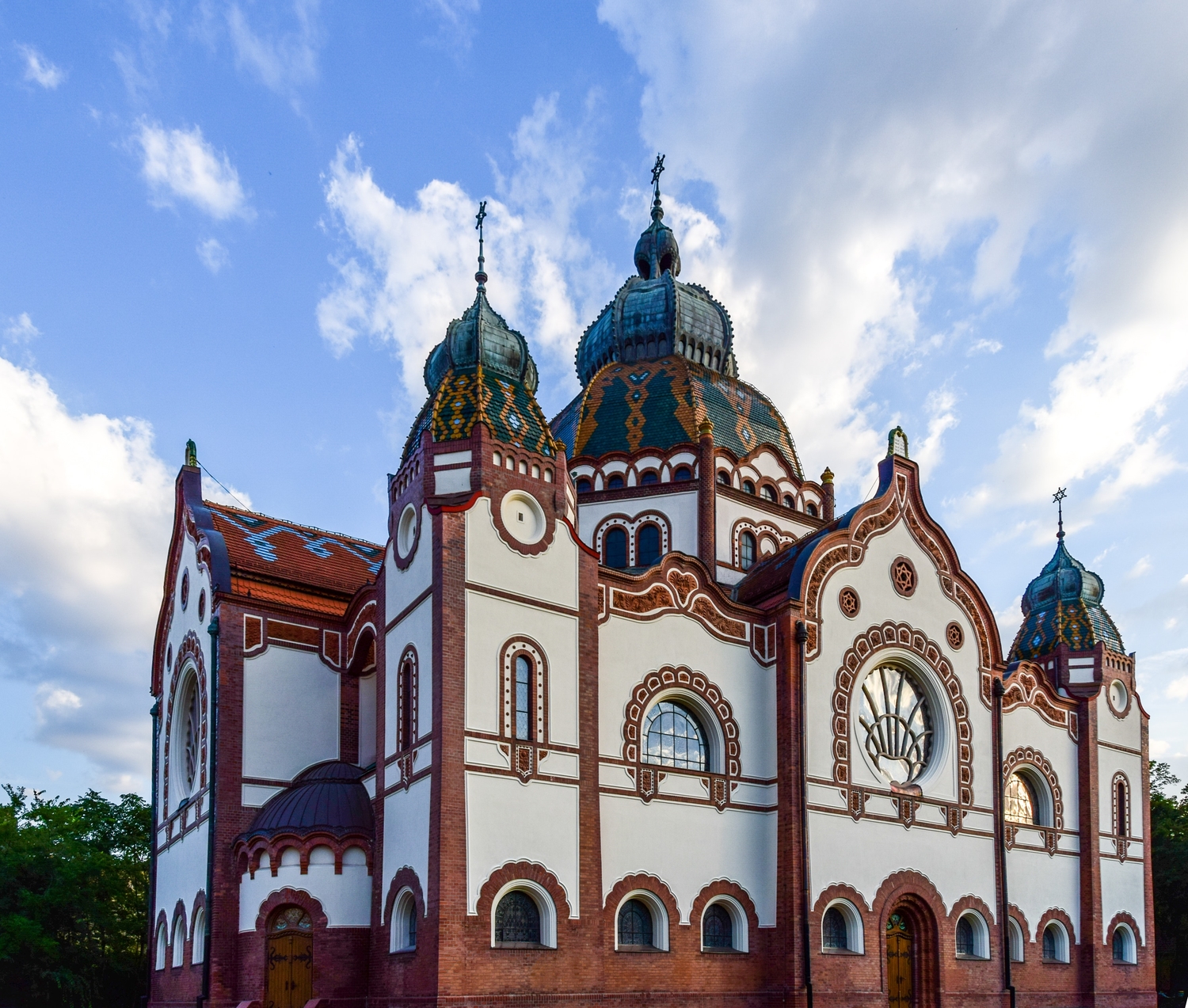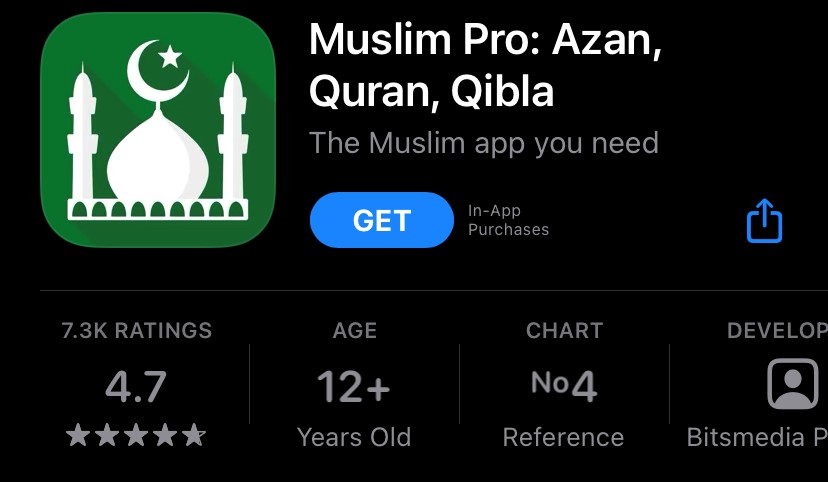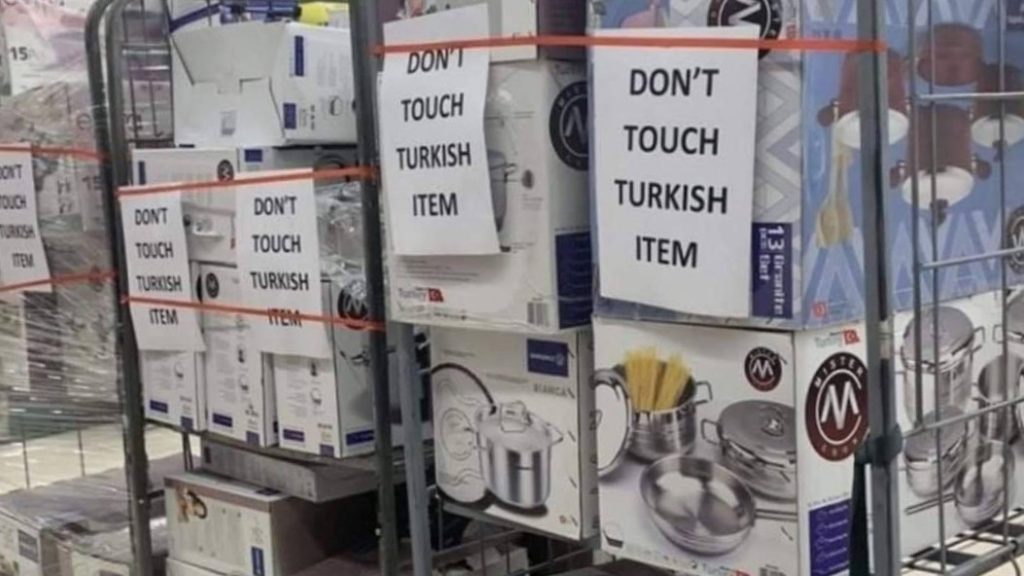Muslims in Serbia are living in fear after a small Muslim community in neighbouring Montenegro was targeted in ethnic and religious attacks following the elections on 30 August.
Anti-Muslim mobs smashed the windows of the local office of the Islamic community in Pljevlja, while graffiti that praised the 1995 Srebrenica massacre appeared on walls of the city and surrounding towns.
The Muslim-majority southwestern Serbian region of Sandzak, known as Rashka to Serbs borders Montenegro, Bosnia and Herzegovina, and Kosovo.
“This is really frightening,” Mevlud Dudic, president of the Islamic Community in Serbia told Euronews.
“Bosniaks and, I would add, all normal people, tremble when the Srebrenica genocide is mentioned in this kind of context. I like to believe that things from the nineties will never again happen in the Balkans.”
Muslims have always been targets during the wars that took place in the former Yugoslavia during the 1990s.
The brutal killing of 7,000 Bosnian Muslim men and boys by Serb militias at Srebrenica is still vivid among the Muslim communities in the region.
Muslims in Serbia and Montenegro were also victims of ethnic violence.
An unknown number of Serbian Muslims were killed during the war, and thousands of others suffered discrimination. Many of the perpetrators remain unpunished 25 years later.
Semiha Kacar from Sandzak Committee for Human Rights told Euronews that the legacy of that violence and the fact that justice was never provided continues to be a major source of conflict between the Muslim community and their non-Muslim neighbours in Serbia.
“Practically nothing is done about the crimes committed against Bosniaks in Sandzak. That is lowering the trust in the state,” she said.
Many believe that the failure to punish war criminals who perpetrated violence against Serbian Bosniaks in the 1990s, and a lack of education generally in the country about what was done during the war, has heightened the tensions.
The conservative government of Aleksandar Vucić has also been blamed for flaming ethnic tensions between Muslims, Christians, and other denominations in Serbia to distract from other issues facing the country.
In the Serbian capital of around 1.6 million, there are about 20,000 practicing Muslims and only one mosque, which was built in 1575 when the Balkans was ruled by Ottoman Turks.
Serbia is home to around 230,000 Muslims or 3.1 percent of the total population. A majority of the country’s population are Serbs who are predominantly Orthodox Christians.




